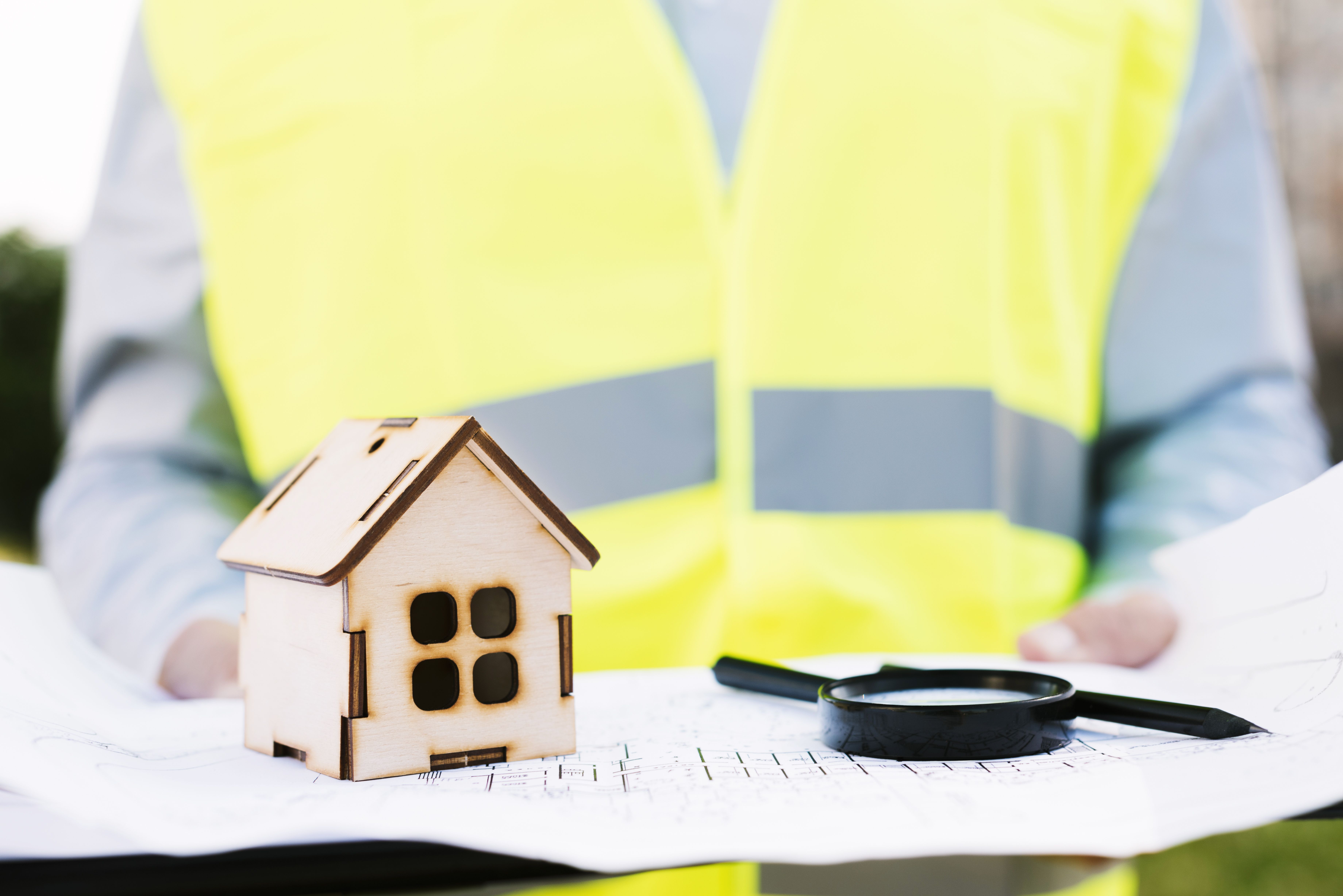
Letting Agents and Property Safety Compliance
By Arthur Grant | April 1, 2025
Introduction
Ensuring property safety compliance is a fundamental responsibility for landlords, and letting agents play a crucial role in meeting legal requirements. From fire safety to gas and electrical checks, compliance with property safety regulations protects tenants and reduces risks for landlords. But what does property safety compliance involve, and how do letting agents assist in this process?
In this guide, we will explore the key aspects of property safety compliance, the responsibilities of letting agents, and why landlords should prioritise these regulations.

Table of Contents
- Understanding Property Safety Compliance
- Gas and Electrical Safety Regulations
- Fire Safety Requirements
- Health and Safety Standards
- Energy Performance Certificates (EPCs)
- How Letting Agents Ensure Compliance
- Frequently Asked Questions (FAQs)
- Next Steps
Understanding Property Safety Compliance
Property safety compliance refers to a landlord's legal obligation to provide a safe and habitable environment for tenants. This includes maintaining essential utilities, preventing hazards, and adhering to relevant legislation. Failing to comply can result in legal penalties and financial losses. Letting agents help landlords stay informed about safety regulations and ensure that all necessary inspections and documentation are in place.
Gas and Electrical Safety Regulations
Gas Safety
Landlords must ensure that gas appliances, flues, and fittings are safe for use. Key requirements include:
- Annual Gas Safety Checks conducted by a Gas Safe registered engineer.
- Providing tenants with a copy of the Gas Safety Certificate (CP12) within 28 days of inspection.
- Regular maintenance and prompt repairs of gas installations.
Landlords are responsible for ensuring electrical installations and appliances meet safety standards. This involves:
- Conducting Electrical Installation Condition Reports (EICR) every five years.
- Keeping records of electrical safety checks.
- Ensuring that portable appliances provided in furnished properties are tested (PAT testing is recommended but not legally required).
Fire Safety Requirements
Fire safety is a critical component of property compliance, particularly in Houses in Multiple Occupation (HMOs). Landlords must adhere to the following:
- Installing smoke alarms on each floor and carbon monoxide alarms in rooms with solid fuel appliances.
- Providing fire doors in HMOs and ensuring they are well-maintained.
- Keeping fire extinguishers and fire blankets accessible where required.
- Ensuring tenants have clear access to escape routes.
Health and Safety Standards
Landlords must maintain properties to avoid health hazards such as damp, mould, and structural defects. This includes:
- Addressing damp and ventilation issues.
- Ensuring water systems are free from Legionella bacteria.
- Keeping communal areas clean and hazard-free.
Energy Performance Certificates (EPCs)
An Energy Performance Certificate (EPC) rates a property’s energy efficiency from A to G. Landlords must:
- Provide an EPC to tenants before letting a property.
- Ensure properties meet the Minimum Energy Efficiency Standard (MEES) of an EPC rating of E or above.
- Consider energy-efficient upgrades to improve ratings and reduce tenant energy costs.

How Letting Agents Ensure Compliance
Letting agents play an essential role in property safety compliance by:
- Scheduling and managing safety inspections for gas, electrical, and fire regulations.
- Maintaining records of compliance certificates.
- Conducting property inspections to check for hazards and tenant-reported issues.
- Advising landlords on legal requirements and necessary property improvements.
- Coordinating maintenance and repairs to ensure ongoing compliance.
Frequently Asked Questions (FAQs)
Do landlords need to install carbon monoxide alarms? Yes, landlords must install carbon monoxide alarms in any room containing a solid fuel appliance, such as a wood burner or coal fire.
How often should electrical inspections be carried out? Electrical Installation Condition Reports (EICRs) must be conducted at least every five years.
What happens if a property fails a gas safety check? If a gas safety check fails, necessary repairs must be made immediately before the property is rented out or continued to be occupied.
Who enforces property safety regulations? Local councils enforce property safety compliance and can issue fines or penalties for non-compliance.
Do all rental properties need fire doors? Fire doors are legally required in Houses in Multiple Occupation (HMOs) and are recommended for other rental properties to enhance fire safety.
Next Steps
Ensuring property safety compliance is essential for landlords to meet legal obligations and protect tenants. Partnering with a professional letting agent can simplify compliance management and reduce the risk of legal issues.
For expert property management services, visit FindLettingAgents.co.uk
Learn more about property management: Property Management by Letting Agents
Promoted listings on findlettingagents.co.uk are paid advertisements. Businesses pay a fee to be prominently displayed. Our standard listings remain impartial and are ranked based on relevance to your search criteria.
If you'd like to have your business featured, please contact us for more information.